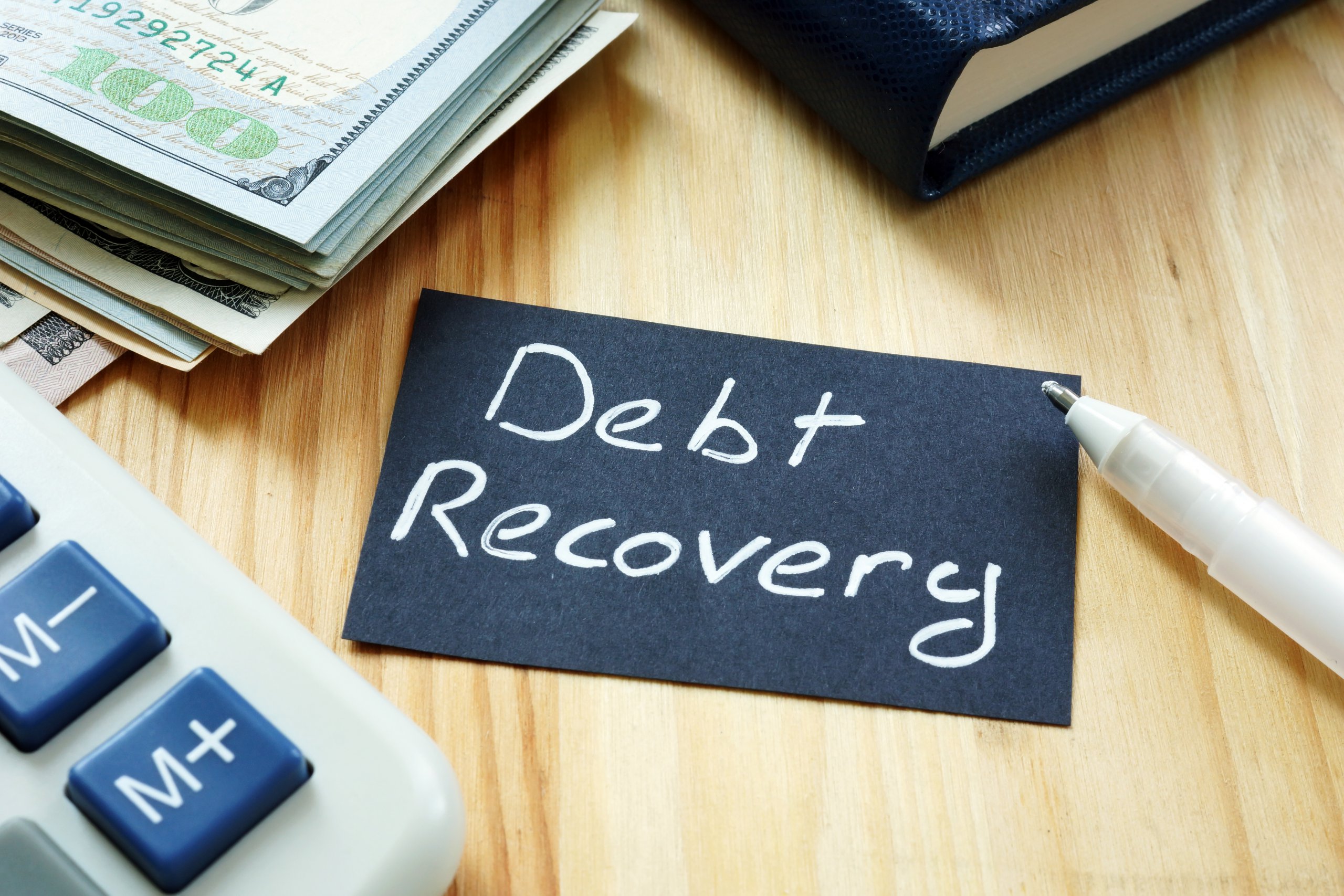Gathering debt may seem like tumbling into a steep ravine and trying to climb out with nothing to hold on to. But there are some resources and methods and bookkeeping tools that you can arm yourself with to take control of (and pay off) your debt. Knowing the different types of debt is essential if you want to pay them off tactically. They have varying needs and qualities that you need to apprehend so you can deal with them specifically. Before plunging into how to deal with standard kinds of debt, acquaint yourself with the language used to classify debt so that you know what you have:
- Protected debt: utilizes a form of security, such as a house or car
- Unsecured debt: has no collateral, such as credit cards or personal loans
- Fixed interest rate debt: has the same interest rate for the complete timeline of the loan, such as a mortgage
- Variable interest rate debt: the interest rate may vary over the life of the loan, such as credit cards
- Fixed payment term: the loan is set to be paid off by a definite date, such as a mortgage or student loan
- Variable repayment period: There is no fixed date by which the debt must be repaid, such as credit cards
- Deductible: This loan is used to better your condition and consequently may have tax benefits, such as a mortgage or student loan
- Non-deductible: a loan that is not used to purchase an appreciating asset or a new skill, such as credit cards or a personal loan
Types of Debt
There are many kinds of debt individuals can have. However, the Fair Debt Collection Practices Act only relates to some of them. Debts acquired by a business are not covered under the FDCPA. Also, non-transaction debts, such as fines, traffic tickets, or other municipal fees, are not shielded. The law only shelters “consumer debts.” Under the FDCPA, a consumer debt is commonly personal and concerns a transaction between an individual and a merchant. Debts in bookkeeping are demarcated under two different categorizations. One grouping involved is either a secured or unsecured debt. The other grouping consists of a debt being revolving or non-revolving.
 Secured vs. Unsecured
Secured vs. Unsecured
The need for collateral describes a secured loan. This provides the moneylender the security that the borrower will pay them, or they risk losing the collateral placed on the line. On the other hand, an unsecured loan is branded by the absence of collateral. The creditor’s security is placed upon the high interest rate that the debtor must pay on top of the principal loan amount.
Revolving vs. Non-Revolving
A revolving debt does not have a fixed amount of payment every month. The alterations are based on the actual balance of the loan. A perfect example is credit card debt. You could be paying more this month than the previous one, mainly if you used your card for a purchase. On the other hand, a non-revolving debt is a type of loan that has a fixed payment. Your payment will remain the same regardless of how high the interest rate index goes. Revolving debt is more dangerous than non-revolving because it has more perspective to grow. A lot of folks who find themselves deep in debt are those who have a lot of revolving debt.
 Strengthen Your Debt Recovery Strategies
Strengthen Your Debt Recovery Strategies
Cultivate a more focused debt collection strategy to help reduce costs, save time, and maximize resources.
- Locate hard-to-find debtors
- Collection prioritization and strategy
- Monitor unpaid debt
- Collections management system
Conclusion
Ensure you comprehend the contract entirely when you decide to borrow money, whether to pay the bills or buy a luxury item. Know what type of loan you are getting into and whether it is tied to any of your possessions.
 About Complete Controller® – America’s Bookkeeping Experts Complete Controller is the Nation’s Leader in virtual bookkeeping, providing service to businesses and households alike. Utilizing Complete Controller’s technology, clients gain access to a cloud platform where their QuickBooks™️ file, critical financial documents, and back-office tools are hosted in an efficient SSO environment. Complete Controller’s team of certified US-based accounting professionals provide bookkeeping, record storage, performance reporting, and controller services including training, cash-flow management, budgeting and forecasting, process and controls advisement, and bill-pay. With flat-rate service plans, Complete Controller is the most cost-effective expert accounting solution for business, family-office, trusts, and households of any size or complexity.
About Complete Controller® – America’s Bookkeeping Experts Complete Controller is the Nation’s Leader in virtual bookkeeping, providing service to businesses and households alike. Utilizing Complete Controller’s technology, clients gain access to a cloud platform where their QuickBooks™️ file, critical financial documents, and back-office tools are hosted in an efficient SSO environment. Complete Controller’s team of certified US-based accounting professionals provide bookkeeping, record storage, performance reporting, and controller services including training, cash-flow management, budgeting and forecasting, process and controls advisement, and bill-pay. With flat-rate service plans, Complete Controller is the most cost-effective expert accounting solution for business, family-office, trusts, and households of any size or complexity.



